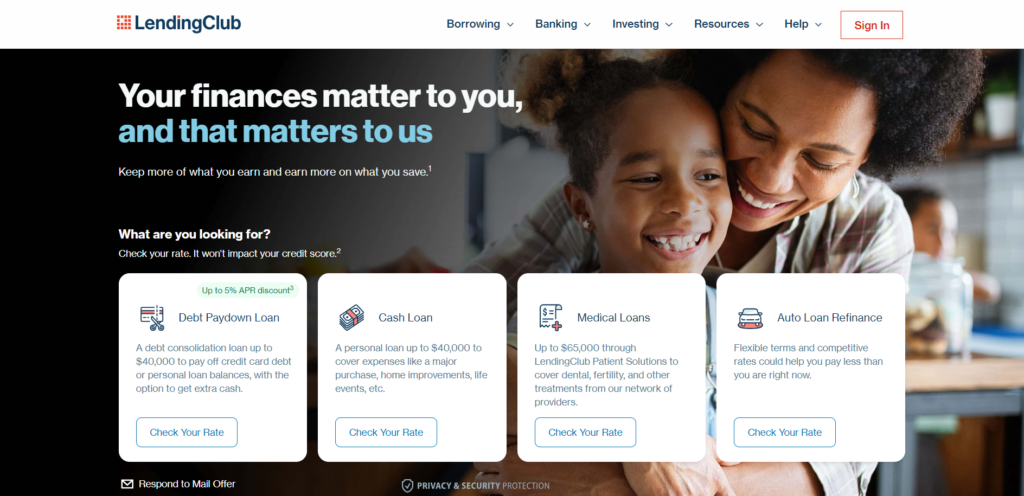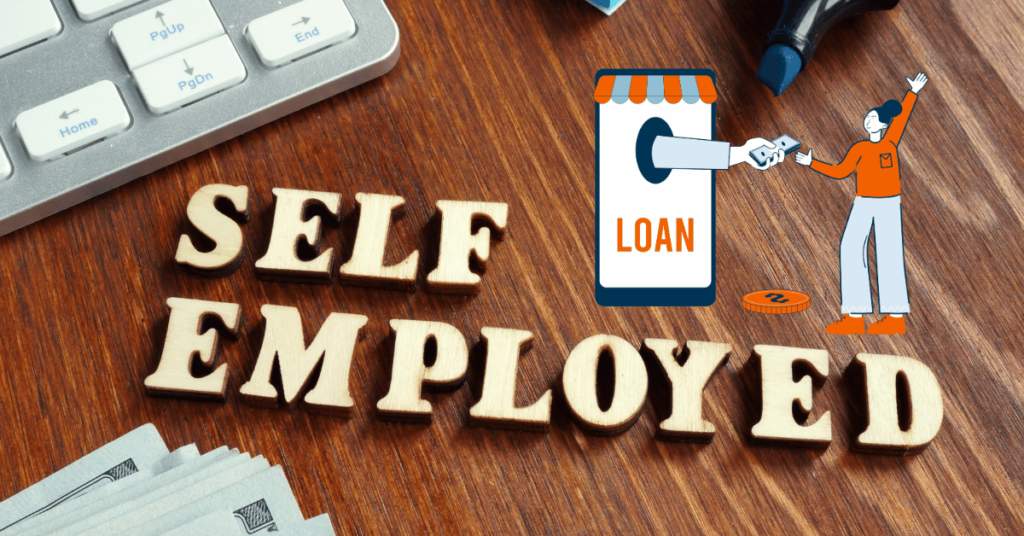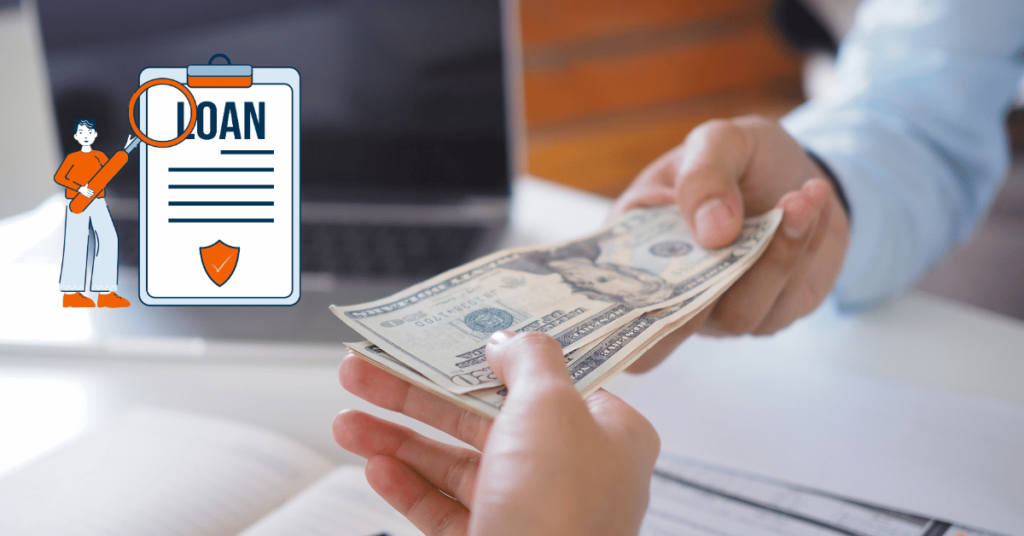Being self-employed gives you the freedom to work on your own terms, but it can also make getting a personal loan more difficult. Lenders often see self-employed income as less stable, which can lead to challenges when applying for a loan.
In this guide, we’ll break down everything you need to know about personal loans for self-employed people, including how to qualify, what lenders look for, and where to find the best options.
What Are Personal Loans for Self-Employed People?

Personal loans for self-employed individuals are loans that don’t require collateral (like a car or house) and can be used for various purposes. Whether you need to consolidate debt, cover emergency expenses, or finance a project, these loans can be helpful. However, the key challenge is showing lenders that your income is reliable enough to repay the loan.
Why Is It Hard for Self-Employed People to Get Loans?
Lenders often see self-employed income as unpredictable. Unlike a salaried employee with regular paychecks, self-employed individuals may have fluctuating incomes. This makes lenders hesitant to approve loans because they’re unsure if you’ll be able to make consistent payments.
What Lenders Look For
1. Proof of Income
Lenders want to know you have enough income to repay the loan. Since you won’t have pay stubs from an employer, here’s what they typically ask for:
- Tax Returns: Lenders usually want to see your tax returns from the past two years to verify your income.
- Bank Statements: These show your cash flow and help lenders see if your income is consistent.
- Profit and Loss Statements: If you own a business, these can show how much money you’re making after expenses.
2. Credit Score
Your credit score is another big factor. A good credit score tells lenders you’re responsible with borrowing. Typically, a score of 670 or higher is considered good, but the higher your score, the better your chances of getting approved.
3. Debt-to-Income Ratio (DTI)
The debt-to-income ratio is the percentage of your income that goes toward paying debts. Lenders prefer a lower DTI, ideally below 36%. This shows you aren’t overwhelmed with debt and can handle new loan payments.
4. Time in Business
Many lenders require that you’ve been self-employed for at least two years. This helps prove that your business and income are stable.
How to Improve Your Chances of Getting a Loan
1. Build Your Credit Score
If your credit score is low, work on improving it before applying for a loan. Pay off debts, correct any errors on your credit report, and avoid taking out new credit.
2. Organize Your Financial Documents
Have all your paperwork ready when you apply. This includes tax returns, bank statements, and profit/loss reports, so lenders can easily verify your income.
3. Lower Your Debt-to-Income Ratio
Pay off some of your existing debts to lower your DTI. This will make you a more attractive borrower in the eyes of lenders.
4. Use a Co-Signer
If your income or credit score isn’t strong enough, you can ask someone with good credit to co-sign the loan with you. This means they’ll be responsible for the loan if you can’t make payments, which can help you qualify for better terms.
Best Personal Loan Options for Self-Employed People

1. LendingClub
LendingClub is a peer-to-peer lender that considers more than just your credit score, making it a good option for self-employed borrowers.
2. Upstart
Upstart uses factors like your education and job history, in addition to your credit score, to decide on loan approvals. This can be helpful if you don’t have a traditional income.
3. SoFi
SoFi offers competitive interest rates and flexible repayment options. They also offer benefits like career coaching, which could be useful if you’re self-employed.
4. Prosper
Prosper is another peer-to-peer lender with reasonable interest rates and flexible terms, making it a good choice for self-employed individuals.
Pros and Cons of Personal Loans for Self-Employed People
Pros:
- Flexible Use: You can use personal loans for almost anything, from debt consolidation to emergency expenses.
- No Collateral Needed: Most personal loans are unsecured, so you don’t risk losing your property if you can’t repay.
- Fixed Interest Rates: Many personal loans offer fixed rates, meaning your payments stay the same each month.
Cons:
- Higher Interest Rates: Since self-employed income can seem less stable, lenders may charge higher interest rates.
- Strict Requirements: Proving stable income and a good credit score can be harder for self-employed borrowers, leading to rejections.
Other Options If You Can’t Get a Personal Loan
If a personal loan isn’t an option, here are some alternatives:
- Business Loans: If you need money for your business, a small business loan might be a better fit.
- Credit Cards: Though interest rates can be higher, a credit card might work for smaller expenses.
- Peer-to-Peer Lending: Platforms like LendingClub or Prosper offer loans from individual investors rather than banks.
Conclusion
Getting a personal loan when you’re self-employed can be tough, but it’s not impossible. By preparing your documents, improving your credit score, and finding the right lender, you can increase your chances of approval. Personal loans can be a useful tool for managing finances, whether you need extra funds for a specific project or to cover unexpected expenses.
If you have any questions feel free to comment down below. We are always here to guide you!




